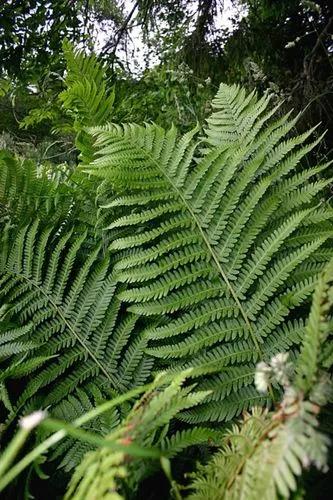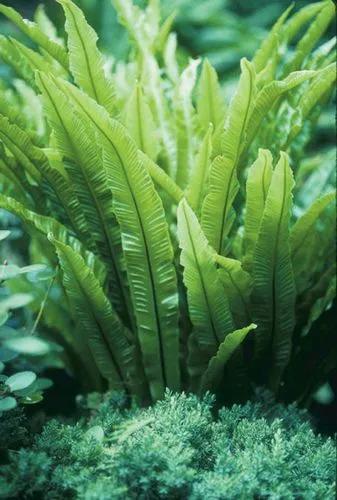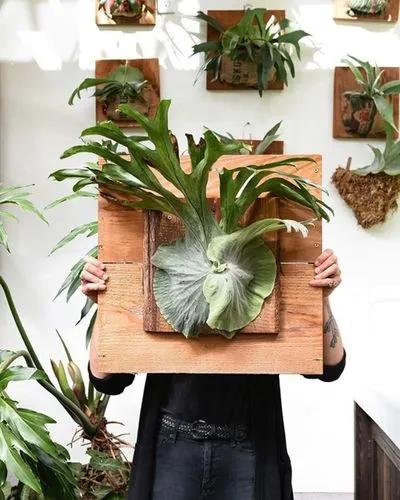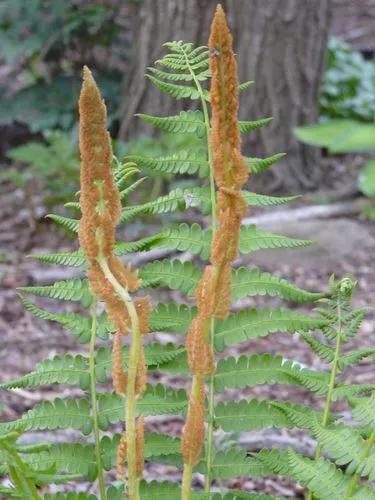Polystichum tsus-simense, commonly known as the Korean rock fern, is a perennial herbaceous plant native to East Asia. Its common name corresponds with its ability to grow in shady areas of rock walls. It is an ornamental plant grown in home gardens.
Korean rock fern Care
Polystichum tsus-simense



The geographic origin of Polystichum tsus-simense is the East Asian countries, such as China, Korea, Japan, Thailand, and the Indochina region. Polystichum tsus-simense flourishes in shady areas with partial to no sun exposure in fertile and well-drained soil with high moisture. It can grow in acid, alkaline, and neutral soil, in part shade or full sun. It inhabits slopes and rocky places of forests and shores of streams. It can also grow in indoor pots and in shady areas of a garden. It has a clump-forming habit with many basal shoots forming open groups or clusters.
How to Care for the Plant

Water

Tolerant of dry shade but water regularly in their first season and mulch well.

Fertilizer

The fern needs to be fed annually with organic matter.

Sunlight

Choose a lightly shaded site or full sun if given plenty of moisture.

Soil

Korean rock fern grows best in shade and moist, well-drained soil that's rich in organic matter. Just like many ferns, it prefers an abundance of organic matter in the soil, so be sure to add compost at planting time.

Temperature

The lowest temperatures these plants can survive are down to -10° to 0°F (-23° to -18°C) if protected. Also, they prefer regions with cool summers.

Container

If growing inside, choose a container with enough drainage holes.

Popularity

79 people already have this plant 15 people have added this plant to their wishlists
Discover more plants with the list below
Popular articles






